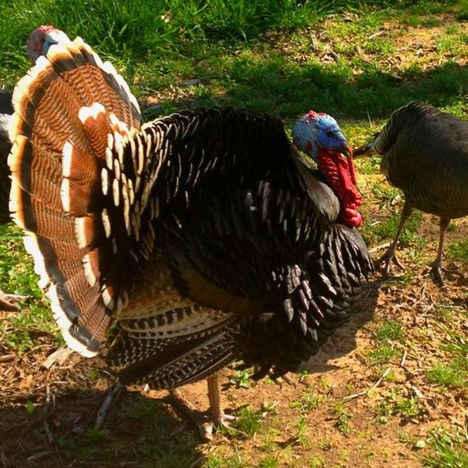Don't Feed Me!
- discoverwildlifesc
- Apr 22, 2023
- 2 min read
Updated: Sep 23, 2023

Reasons Why Not to Feed Wildlife
Many of us who have moved to Sun City enjoy watching the wide variety of wildlife that live in our community. Although supplemental bird feeding is allowed in our community, it is important to understand some of the possible consequences when feeding other wildlife.
The following are some of the reasons why NOT to feed wildlife:
§ Health concerns: When you feed them, they will come. Many animals will congregate in a small area to eat and as they do so, they will defecate and urinate increasing the chances for diseases transmission. This not only constitutes a health risk for wildlife, but for humans too since some wildlife diseases are Zoonotic diseases that can also be transmitted to humans.
§ Behavior changes- Animal behaviors are modified when fed by humans. As wildlife get used to a steady food supply, they lose the ability to forage; if feeding is stopped, they could die of starvation.
Some species, like deer and squirrels, will cross high-traffic roads looking for handouts resulting in collisions and their deaths. Migratory birds will also delay migration if fed.
§ Human-wildlife conflicts increase: Wildlife that are fed by humans can get used to our presence and become habituated. When wild animals lose fear of humans, they could become aggressive; harassing and attacking people and their pets. If wild animals become too aggressive, they may have to be destroyed.
§ Wrong diet: All species have specialized diets and feeding them human food or the wrong diet could result in malnutrition and health issues. An example of this is the development of angel wings (deformed wing feathers) in ducks and geese when fed bread.
§ Population imbalance- An abundance in food availability could cause an increase in the birth rate of a particular species. In the wild, this may not be a problem since there are checks and balances but in an urban area this could become a real problem.
If we truly care about wild animals, the best way to protect them is to watch from afar and refrain from feeding. Otherwise, we could be signing their death sentence.
References
Submitted by SC Wildlife Management Committee
March, 2023



Comments